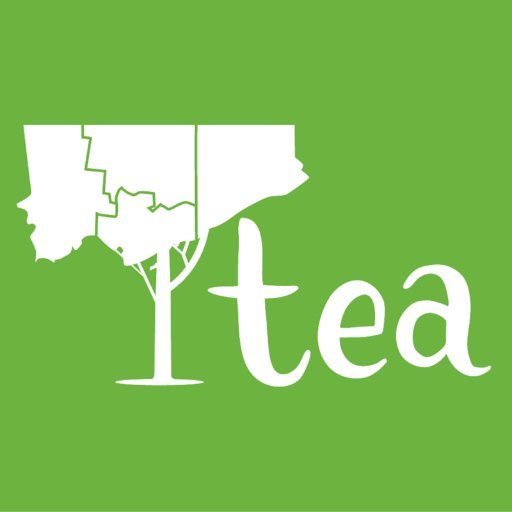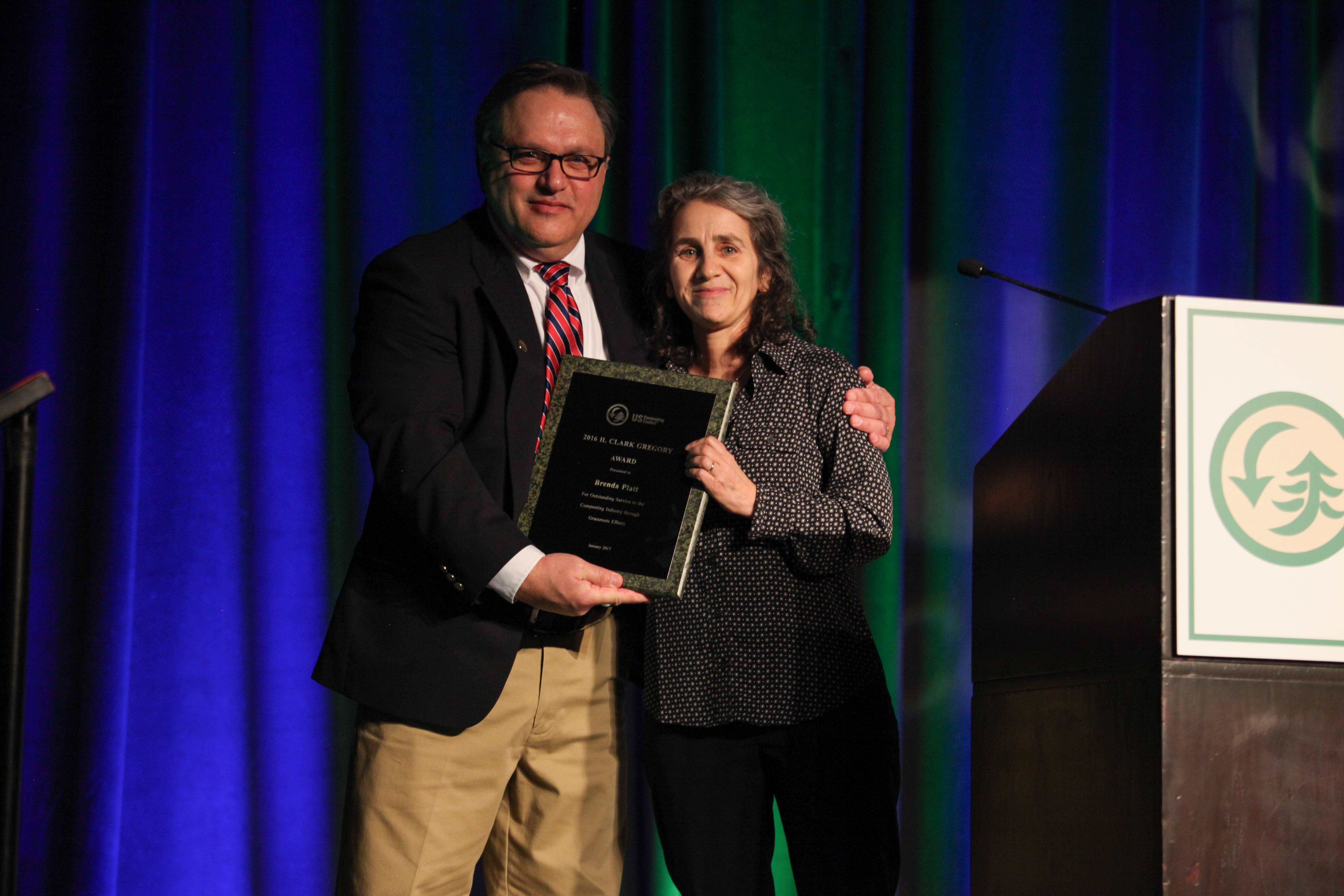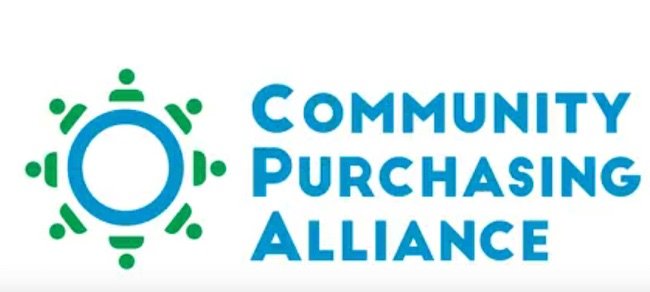A new report, Protecting Scarborough’s Success: How Contracting Out Could Harm Scarborough’s Waste Diversion Performance, from the Toronto Environmental Alliance (TEA) finds people living in Scarborough have nailed it when it comes to recycling, but that wouldn’t necessarily be the case if garbage collection was privatized.
The report had a big and immediate impact. On January 30, 2017, the Toronto City Council voted against a plan to move forward with contracting out waste collection in Scarborough. One of the key questions that TEA brought to Council’s attention is why waste diversion (recycling and composting) rates are worse in districts served by private collectors. In a surprising turn of events at last week’s Council meeting, Mayor Tory echoed TEA’s advice and voted with a majority of Councillors to seek more information about what impact privatization might have on service levels and diversion rates in Scarborough.
“City data shows Scarborough has the best recycling rates in the city. Our report shows how Scarborough’s waste diversion performance could be harmed if Council rushes ahead and privatizes waste collection in Scarborough. The report makes it clear there are too many risks involved in contracting out waste collection in Scarborough. For example, the report provides many examples of private waste collectors in Toronto and across the GTA who have broken the rules and act in ways that harm recycling efforts of residents.”
– Emily Alfred Waste Campaigner for the Toronto Environmental Alliance (TEA)
TEA Convinces Council to Get the Facts on Waste Diversion – TEA, February 6, 2017





